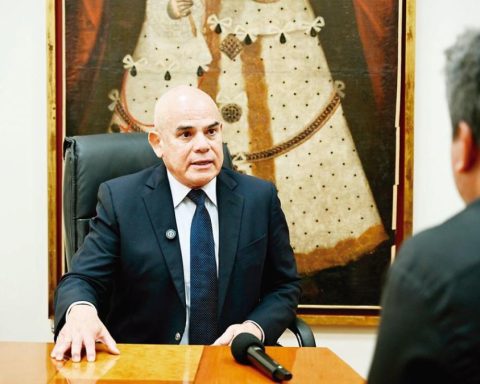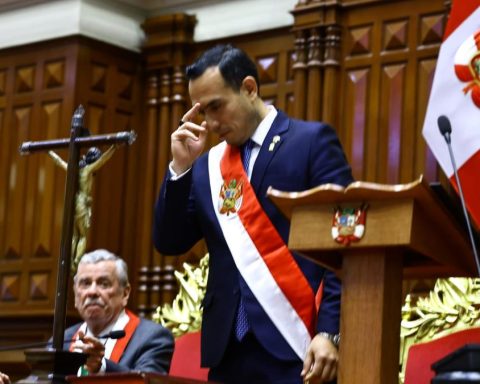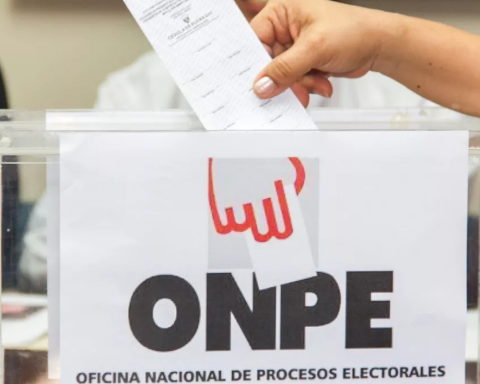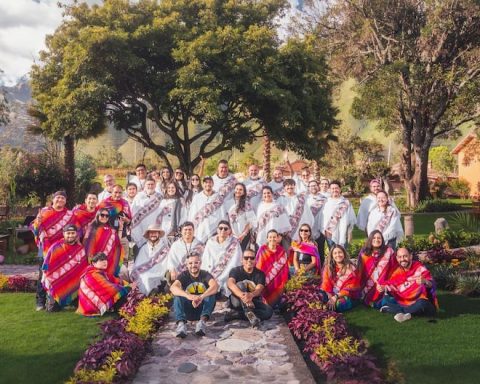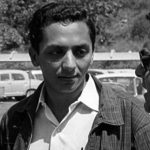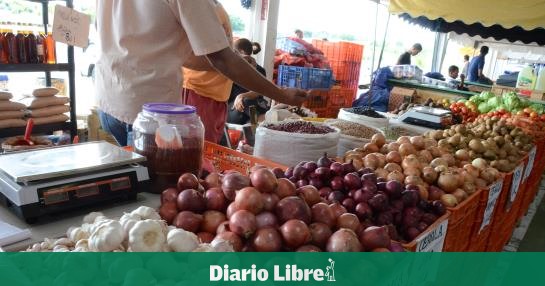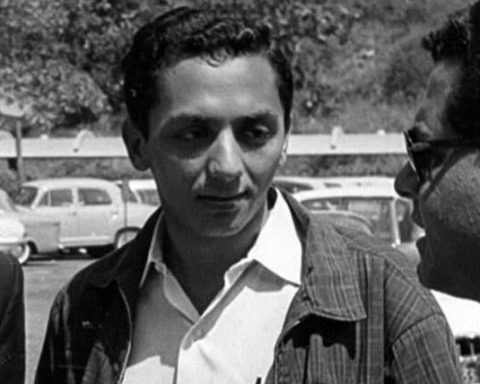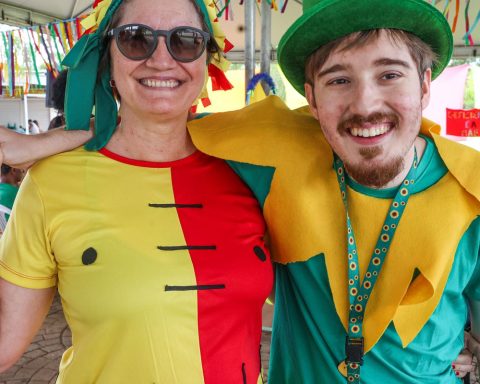The funds of the members of the Private Pension System (SPP) do not only benefit the member when the moment of retirement arrives, since they can also serve as support in case the member dies and has no beneficiaries. This can be done through the inheritance mode.
This modality contemplates that the money that the deceased member has accumulated in his Individual Capitalization Account can serve as economic support for his relatives or close people who consider they have the right to this benefit.
During 2021, Profuturo AFP managed more than 1,340 requests for this concept, and registers more than 100 monthly queries through the Contact Center and its social networks on how to carry out this procedure, said Janet León, manager of the Administration area of AFP accounts.
This number of consultations increased the previous year due to the high number of deaths due to COVID-19, since in pre-pandemic times the registered consultations were 45 per month.
What is the procedure?
Profuturo AFP informs that, according to current regulations, after 90 calendar days have elapsed since the member’s death and no beneficiary (spouse or partner, parents or children who meet the necessary conditions) has appeared, the heirs can present the documents required to start the inheritance process.
In addition, in case the affiliate has his recognition bonus receivable, it is also included in the inheritance. This bonus is a document that recognizes the contributions that the affiliate has made in the National Pension System (SNP) once he joins the SPP.
Who would be the beneficiaries of a survivor’s pension?
The potential beneficiaries of the affiliate can be:
– The spouse or concubine.
– Children under 18 years of age.
– Children of any age accredited as disabled or with different abilities, according to the Disability Opinion issued by the COMAFP or COMEC.
– Children over 18 years of age who continue their studies uninterruptedly until they finish, with a limit of 28 years.
– Fathers over 60 years of age and/or mothers over 55 years of age who are financially dependent on the member.
– Parents accredited as disabled, according to the Disability Opinion issued by the COMAFP or COMEC.
According to current regulations, if the deceased member has beneficiaries, they have the right to request their survival pension with the member’s fund. Likewise, if these are included in the will, their role as beneficiary prevails.
Who can be the potential heirs?
The heirs are the people who appear in the member’s will. If this document does not exist, the funds will be inherited through intestate succession.
According to the applications submitted, Profuturo AFP maintains that the heirs who most demand this benefit are the spouses and children of the deceased member.
What is an intestate succession?
It is the hereditary succession of the deceased member, provided by law in the absence of a will or because the existing one has been declared null or invalid. This document can be processed through a notary or judge by all the people who consider that they have the right to inherit the pension fund of the deceased member.
The manager of the Profuturo AFP Account Administration area, Janet León, specifies that 90% of inheritance procedures are requested through intestate succession.
What documents must I submit to carry out the inheritance process?
1. Simple copy of the current Identity Document (DNI) with the current marital status of each of the heirs. It must be the last one issued by RENIEC.
2. Notarized copy of the Declaration of Heirs or Intestate Succession granted by SUNARP (valid for 6 months).
3. In the case of heir parents, submit a Sworn Declaration of Non-economic Dependence with notarized signatures.
And if the death of the affiliate has not yet been registered with the AFP, you must also submit:
1. Affiliate’s death certificate.
2. Medical certificate of death of the member.
3. Police report (if the death occurred in an accident).
It is important that the personal data of both the deceased member and the heir (names, surnames and ID number) coincide with the documents presented, whether they are marriage certificates, birth certificates, wills and other necessary documents.


